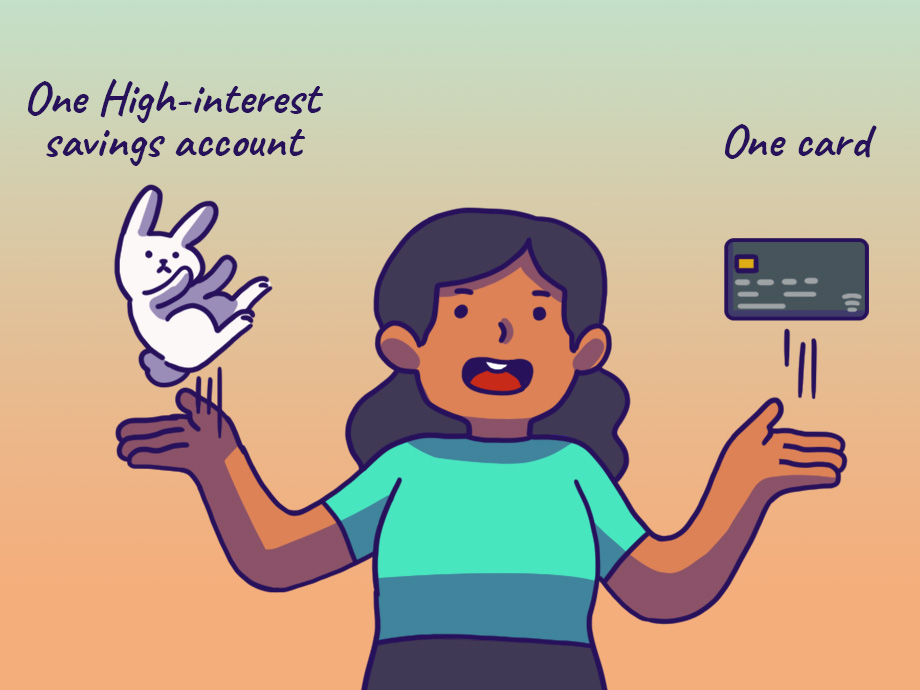Budgeting | Personal Finance | Article
What to Do With a Windfall
by Sophia | 28 Nov 2019 | 4 mins read

Fortunes can change overnight. From striking the lottery to receiving a sudden inheritance or a 6-month performance bonus at work (hah!), you may have just had a huge windfall. It’s time to live your best life and get on a yacht!
Not so fast, though. Managing a huge sum of money is harder than it sounds — and there have been plenty of horror stories out there showing us how unprepared people can be, not to mention psychologically and emotionally taxing.
According to this report, people are prone to experiencing a lot of fear, anxiety, and distrust once they come into a huge amount of money all of a sudden. And that’s perfectly normal, especially if your inheritance or lottery winnings are staggering. It’s a sudden change after all — and you’re not the only one who will react to it.
It might seem like a blessing that can magically wipe your problems clean, but we need to remember that it may cause more trouble as well without preparation. You may never have to work again, but only if you manage your wealth and keep it instead of spending it all away impulsively.

Here are four ways for you to handle this large sum of money before the worst happens:
Don’t Tell Everyone
It’s not going to go down well if you blast your good fortune on the ‘gram for the world to see. Expect to receive endless unsolicited messages asking for handouts from your long lost primary school friends. Which is why it’s best to only inform the following people (and in this order):
- Financial advisors and professionals who know how to manage wealth
- Spouse and/or immediate family members
- Trusted friends
Figure Out How Much Tax You’ll Pay
For golden employees who’ve earned their keep, remember to check how much in additional taxes you have to pay on that fat bonus (before you spend it all).
Taxable income includes
- Income from rent from properties owned
- Gain and profit from any form of employment
- Income from investments like dividends (but because of many exceptions, most investment dividends are not subject to tax)
Things you won’t be taxed for:
- Winnings from gaming (think Toto/4D)
- Inheritance from a loved one’s passing
Some things to remember:
- A bonus (either 13th month or retention bonus) received in December 2018 will be taxed for the following year, 2019
- Even non-contractual bonuses can be taxable for the following year
Assuming a person earns $30,000 in a year and receives a take-home bonus of $6,000, their income tax payable will look like this:
- A flat $200 for the first $30,000 earned in income
- 3.5% for the next $10,000 (so an additional $210 tax on the $6,000 bonus)
So the above person best set aside the additional $210 in taxes before splurging it all.
Stash Your Money
And no, we don’t mean stuffing cash into a cookie tin and hiding it under the bed. Consider putting your money to work, either by investing, or building up the rest of your much-needed emergency fund, getting the insurance you need for yourself or your kids, or dumping it into a savings account to rack up that interest.
Set Aside a Sum For Fun
But we’re not asking you to be your own fun police. After all, not everyone gets a windfall like this every other day. Just remember not to splurge and live way too luxuriously without keeping an eye on that number in the bank.
Control your sudden urges and desires to go all Gatsby on your lifestyle. Allocate a portion, such as 10% of the money, just to treat yourself and nothing more. There have been many stories of people going broke not long after coming across a huge windfall — and you don’t want to be one of them. Self-control will go a long way.














